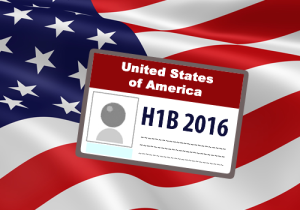Congress Proposes Changes, Renews, and Restricts Immigration Programs
It has been touch and go with multiple short term renewals, but Congress has proposed an Omnibus Bill last night that has many important immigration provisions. They concern everything in the US immigration system, from increased fees for H-1B and L-1 petitions to not restricting refugee resettlement.
There have been four important immigration programs that have been extended multiple times this year that are included in the Omnibus Bill for another extension: J-1 Waiver CONRAD 30 program, EB-5 Regional Center program, E-Verify, and the EB-4 religious workers program
Of note in the Omnibus Bill is an additional financial burden on companies with more than 50 employees, of whom over 50% hold H or L status:
- Supplemental L-1 fees for 50/50 companies increase from $2,250 to $4,500;
- Supplemental H-1B fees for 50/50 companies increase from $2,000 to $4,000;
- Fees must be paid on initial petitions and extension petitions;
- Fees are authorized for ten years, running through September 30, 2025; and
The H-2B program has been scrutinized in the past year and some changes are proposed. The H-2B program allows US companies to hire seasonal guest workers for the “busy season,” such as summer on a beach resort.
The Visa Waiver Program, which allows for friendly and easy travel for citizens from 38 approved countries, will have categorical restrictions for nationals from certain countries and individuals who travel to those countries.

